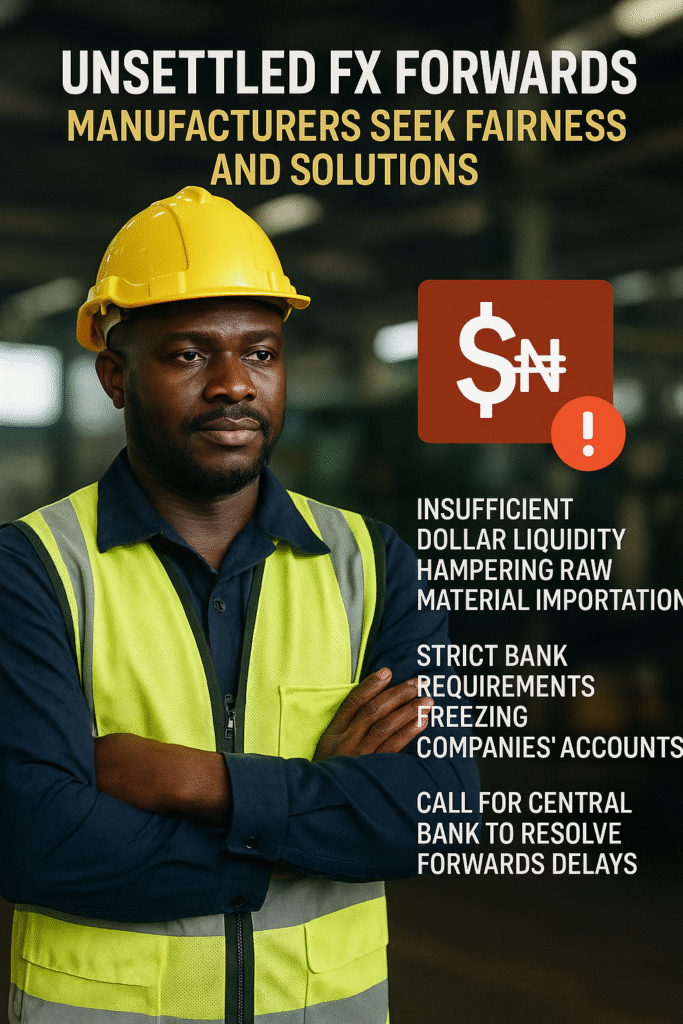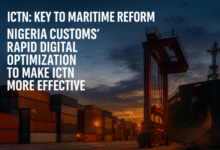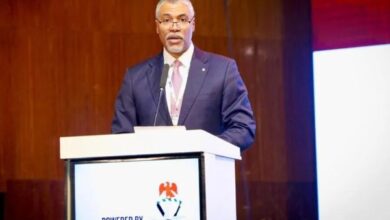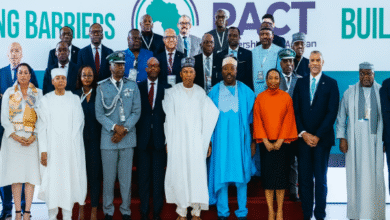Fx Forward Crisis: Manufacturers must be protected, not punished – MAN

“We did not create this problem, but we are paying for it.” – MAN DG
Nigeria’s embattled manufacturing sector is once again under pressure — this time from a worsening storm over unsettled FX forward obligations, with manufacturers caught in the middle of a financial impasse between commercial banks and the Central Bank of Nigeria (CBN).
At the heart of the storm is a disconnect between policy, practice, and accountability that’s crippling production lines and threatening the operational survival of many manufacturers.
Manufacturers Pay in Naira, Banks Blame the CBN – Who Pays the Price?
The Director-General of the Manufacturers Association of Nigeria (MAN), Mr. Segun Ajayi-Kadir, voiced strong concerns over what he described as “unfair and highhanded treatment” by some commercial banks — treatment that includes illegal freezing of corporate and even personal accounts of manufacturing executives.
According to him, “manufacturers have played their part” — by either remitting Naira directly or securing credit facilities through banks for the importation of critical raw materials and capital goods. Once banks collect these funds and remit to the CBN, the obligation of the manufacturer is deemed complete. So why are manufacturers still being penalized?
System Breakdown: From Steel to Plastics, No Sector Is Spared
A particularly high-profile case is that of KAM Industries Nigeria Ltd., a major player in West Africa’s steel sector. The company is currently locked in a public dispute with one of Nigeria’s commercial banks — a dispute now symbolic of the broader FX redemption gridlock frustrating industrialists across the country.
Insiders reveal that several other companies are suffering similar fates — silent victims of financial misalignment, caught in a fog of regulatory uncertainty and institutional inertia.
“This goes beyond KAM Industries. This is a systemic issue. Many of our members are suffering in silence,” said Ajayi-Kadir.
Impact on Industry: From Factory Floors to National GDP
This friction couldn’t have come at a worse time. With manufacturers already contending with soaring energy costs, inflation, and logistics disruptions, the FX deadlock adds a dangerous new layer of uncertainty and capital erosion.
The implication? Shutdowns, layoffs, production shortfalls, and rising prices for Nigerian consumers — a negative ripple effect on both GDP and inflation.
MAN’s Position: Let’s Fix This – Now
MAN is calling on the CBN to urgently intervene, issue clear directives to commercial banks, unfreeze manufacturer accounts, and accelerate the settlement of FX forwards long overdue.
“Let it be clear — manufacturers are not liable for delays once their funds are with the CBN. Our members should not be criminalised for a process they do not control,” said Ajayi-Kadir.
He also invited commercial banks and regulators to collaborate in creating long-term, transparent FX access mechanisms that protect manufacturers from bearing the brunt of institutional inefficiencies.
BRANDECONOMY INSIGHT
This is more than a liquidity issue. It is a governance and policy trust issue. For an economy looking to reposition local manufacturing as the engine of national growth, the CBN and banking sector must remove every bottleneck to production.
If unresolved, this crisis could further erode investor confidence, discourage foreign direct investment (FDI), and weaken Nigeria’s industrial base at a time when AfCFTA offers fresh opportunities.
OUTCOME:
- Manufacturer stuck
- Bank deflects blame
- CBN delays redemption
- Industry suffers
🚨 THE CALL TO ACTION
- ✅ CBN: Clear the FX backlog now
- ✅ Banks: Stop punitive measures on manufacturers
- ✅ Government: Shield productive sectors from systemic failure
- ✅ Stakeholders: Co-create long-term FX mechanisms
Nigeria cannot afford to let manufacturers pay for regulatory disconnects they didn’t cause. In a country battling economic headwinds, manufacturing must be protected, not punished.











